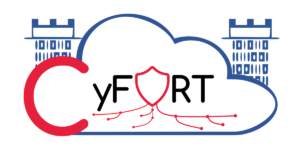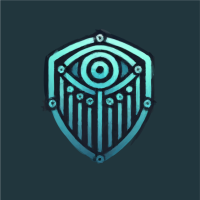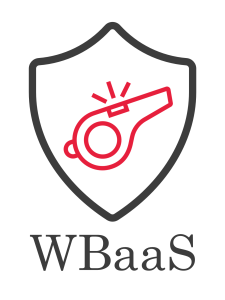

|
We wish you a Peaceful Christmas and a Happy New Year 2026 Sending our wishes per email allows us to donate our
|
The CNIL¹ has published a study entitled ‘What are the economic benefits of having a DPO in a company?’, which shows that appointing a Data Protection Officer (DPO) offers companies more than just compliance and legal protection; it also provides them with a valuable economic resource.
You can find the entire CNIL study in original French language here:https://www.cnil.fr/fr/quels-benefices-economiques-du-dpo-en-entreprise
[1] Commission Nationale de l'Informatique et des Libertés, is the French Data Protection Authority.
Risk-aware Anomaly Detection-based Automated Response
The IDPS-ESCAPE team is excited to announce a major update to the RADAR subsystem, delivering new SOAR capabilities for automated threat detection and response in modern Security Operations Centers (SOCs).
Click here to read the whole article

itrust consulting is pleased to announce the launch of Whistleblowing as a Service. WBaaS ensures a way to report violations of the law within a company without repercussions for the employee, ensuring conformity to the law of 16 May 2023, concerning companies with over 50 employees and communes with over 10 000 inhabitants.
The service includes the setup of an internal channel, and our expert will review any reports made via the platform to verify the appropriate anonymization and clarity of the information provided. Only authorized and mandated people of the targeted organization get access to the report. It is possible to make a report via phone call or in a meeting, but the easiest method is to file it on the platform, which guarantees the highest security standards.
For more information, click here.

itrust consulting in collaboration with CyFORT launched its Standards Distribution Initiative, aimed at providing standards file and other helpful files in Excel format. These files are designed for seamless integration with popular open-source tools like Ariana and OpenAriana, OpenTrick. The initiative enables organizations to easily generate policies, conduct risk assessments, perform audits, and more, all while leveraging the power and flexibility of open-source solutions.
By offering standards in a standardized Excel format, itrust consulting simplifies the process of aligning with international standards and enhances the effectiveness of risk management and compliance activities. This initiative supports a wide range of applications, ensuring that businesses can efficiently manage their ISO-related tasks using the tools they know and trust.
Click for downloading free to use excel files
Click here for submitting a webform to request ISO/IEC standards file by license holders